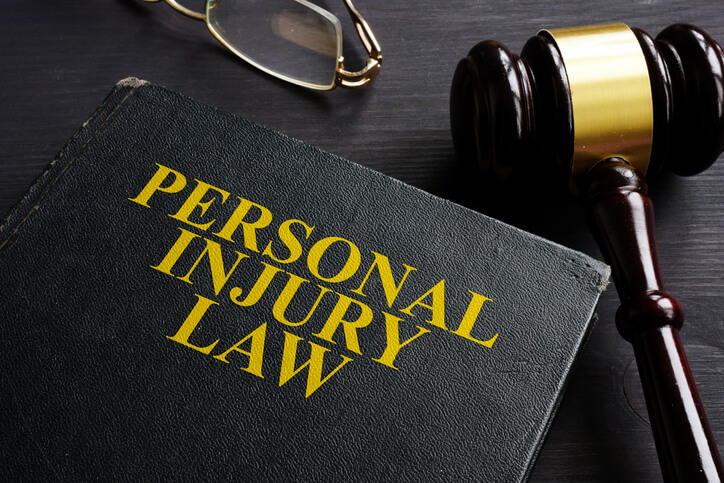
“Preparation isn’t just beneficial—it can determine where your case goes.” When someone is in the middle of a personal injury, the amount of stress is already overwhelming. Gathering the correct documents may not seem critical at the moment, but it is one of those things that can help you later.
If you are in the care of a personal injury law firm, documenting everything you receive will enable you to progress more quickly. It will give your legal team the ability to show what actually happened and how extensively you were impacted. This guide is going to outline the most important documents and discuss their significance in the development of your case.
Medical records are a key part of your claim.
Your injury case largely relies on what the doctor documents. A hospital report, scans, and treatment notes will document when the injury started, what the injury caused, and how the injury became serious. Absent those documents, demonstrating that the injury came from the accident, is much more difficult.
Whenever possible, try to obtain everything you can—ER visits, follow-up appointments, and therapy notes. Even a brief note from a walk-in clinic counts for more than most people think.
Accident Reports Provide the Whole Story
If there was a police officer, a store manager, or a company supervisor involved, chances are a report was written. A report will have details such as the time, date, and names, plus sometimes, it will have statements from other people who witnessed the Incident. The report is a reliable source of information that will assist in confirming the version of events you present.
- Car accidents usually have police reports available online or at police services.
- Workplace incidents should be documented by your employer’s safety department.
- Slips or public place injuries are frequently accompanied by some form of incident report that you can access.
When you can get a copy of whatever was filed, it assists your lawyer in establishing where you currently stand.
Photos and Videos Say What Words Can’t
A photo taken right after an injury may say more than a long description. Photos can show bruises, broken equipment, road conditions, or lighting – things that may not be included in the written report. They are often overlooked, but sometimes they say it all when it matters.
The best course of action is to get your phone—or ask someone you trust – to take the photos. Take several photos with different angles, close up and wide. If someone took video coverage, don’t forget to ask them for that, too.
Loss Of Income Can’t Be Ignored
Pain is one part of the story, but lost income hurts too. If you missed work due to your injury, you should have documentation to back that up. That type of info can help you calculate what was taken away from your paycheck and your future income (in case you will be affected long-term by the job).
Here is what is helpful:
- Recent pay stubs that reflect what you were earning
- A letter from your employer stating how many days you were gone
- Tax documents for your business if you are self-employed
It is all part of showing how the injury invaded your real life.
Bills And Receipts Matter
Even small expenses can add up quickly after an accident. Receipts from your doctor appointments, medical supplies, parking at the hospital, and even crutches you had to buy—those matter. When your attorney tallies your losses, these items help make the amount complete.
Keep a folder or envelope just for these things. Include:
- Prescription receipts
- Uber rides to the clinic
- Replacement fees for anything that was damaged
Although it is only a $12 item, it demonstrates how much this has affected your pocket.
Witness Statements Can Have Real Value
When someone has seen what happened, their account can significantly support yours. Neutral parties are great for judges and insurers alike. Even a short writing from a witness can lend credibility to where it matters.
- Get names and contact details at the scene if you are able
- Encourage witnesses to summarize what they witnessed on the spot.
- If they’re comfortable with this, ask them to put it in writing.
Having another voice confirming your account can shift the tide of your case.
Insurance Documents Help Move Things Along
Your lawyer must understand what coverages are present. Medical coverage, car policies or personal liability policies are useful to share as early as possible. This way, your lawyer doesn’t waste time looking for documents later.
Bring the following:
- Health insurance card
- Car insurance policy information
- Any emails or letters that the insurance company has communicated in relation to the accident.
It saves time and gives your lawyer a better picture of what is at stake.
Conclusion
Preparing the right paperwork will require some work, but it’s worth every minute when your case gets started. A personal injury law firm will do the heavy lifting for you, but you still have to provide the critical paperwork that gives them the tools to help you win your case. In fact, proper paperwork not only shows what happened but also demonstrates what the Incident cost you as a result. By spending time on the paperwork now, you may achieve a greater result later on and maybe even some peace of mind along the way.
